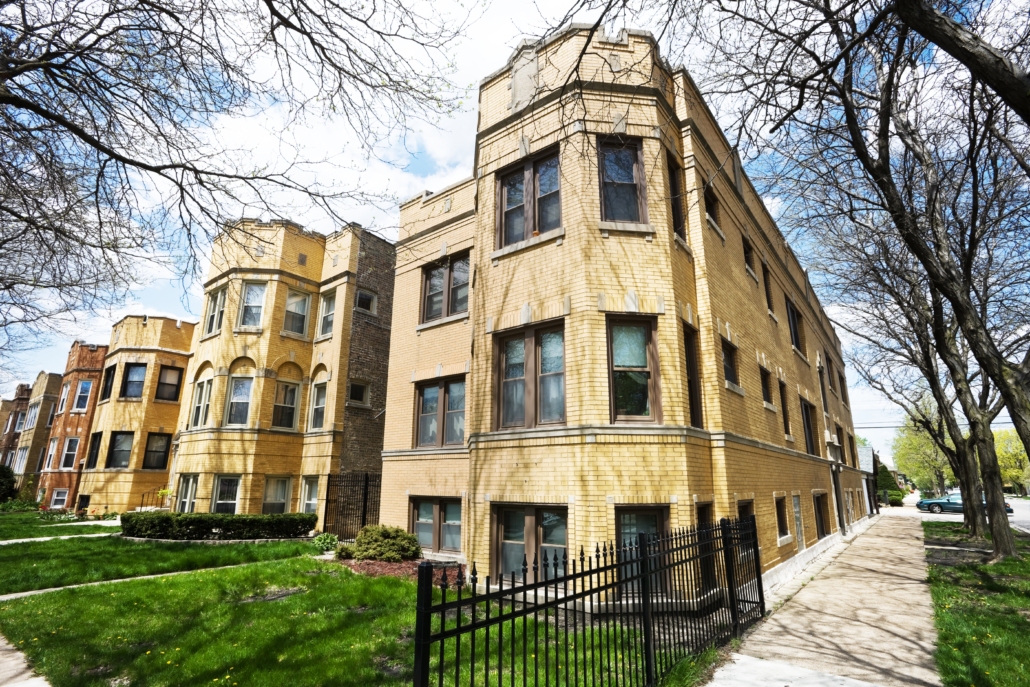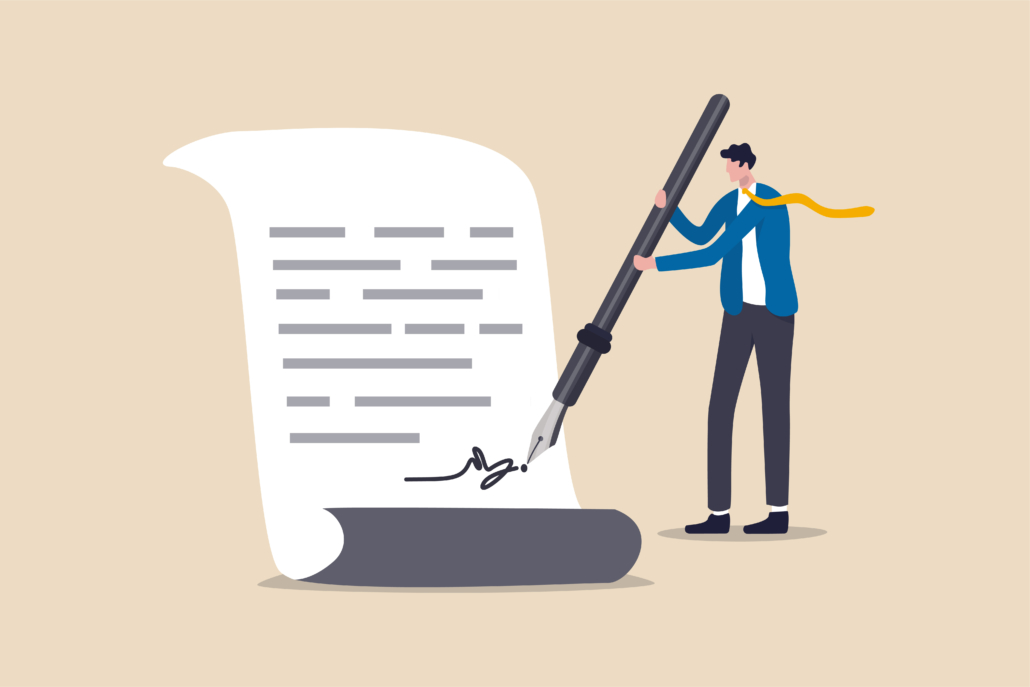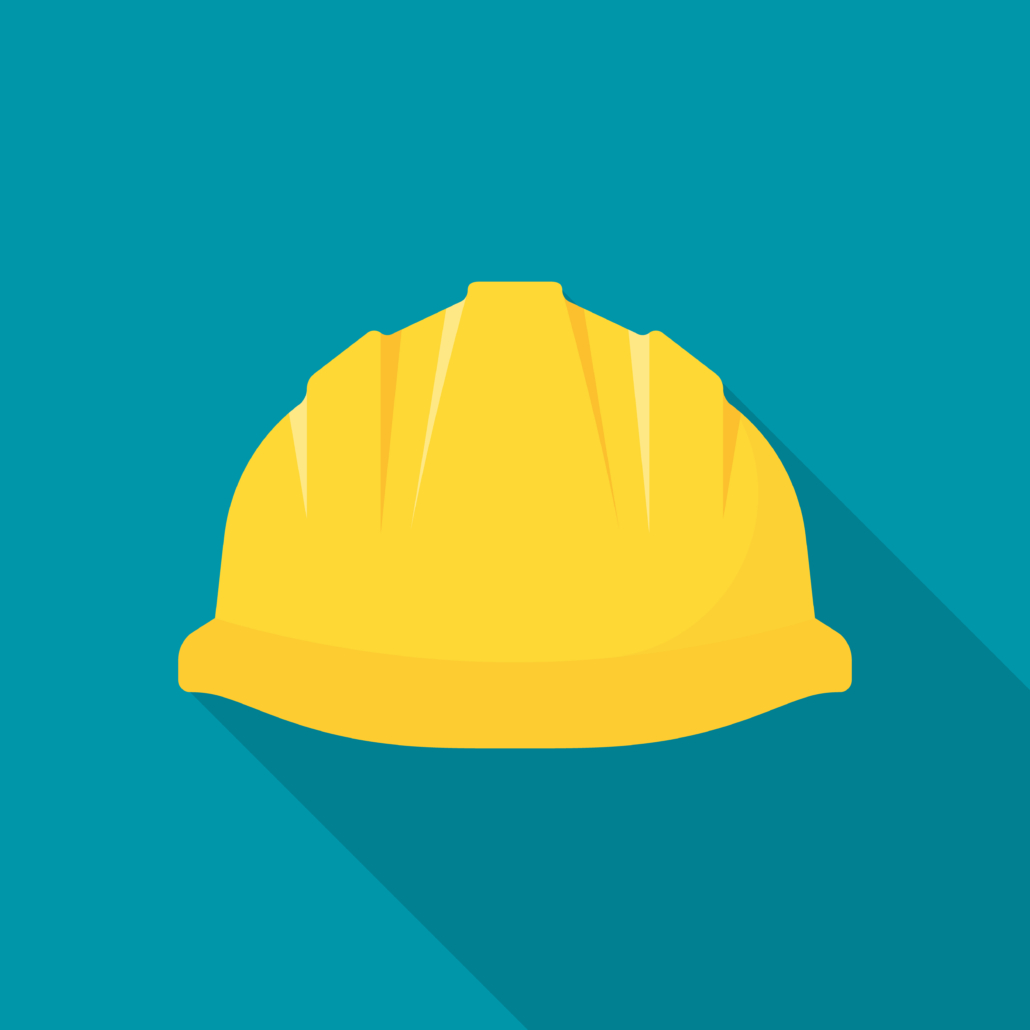Your Home Inspection Questions, Answered!
Congratulations! You’ve made it to your home inspection, which means you’re within reach of closing on your home. Unsure of what to expect? We (and your REALTOR®) here to help.
Why should you have a home inspection done?
Purchasing a home is a big commitment, and a home inspection is your way of knowing you’re making the right fiscal choice. An inspection will spot any current or potential problems within a home, providing safety and peace of mind in the purchasing decision. During the process, your inspector will identify problem areas, suggest solutions and write a report with all of the findings.
Also, many mortgage lenders require an inspection to be performed before financing a home, so it’s best to cover all of your bases by having an inspection completed.
How do I find an inspector?
It is the homebuyer’s responsibility to find an inspector to perform the home inspection. Typically, your REALTOR® will be able to recommend a professional. If you’re interested in looking for one on your own, you can search for a local inspector using the American Society of Home Inspectors’ (ASHI) Find a Home Inspector tool.
When talking with an inspector, here are some things you should look for:
- They should have a home inspector license.
- Ideally, hire someone who has at least five years of experience.
- Make sure they can turn your report around within your required timeframe, as an inspection typically needs to take place within five to seven days of your offer being accepted.
What will, and won’t, an inspection cover?
As a rule of thumb, most inspectors will check a home’s:
- Exterior, including walls, foundation, grading, roof and garage
- Interior, including plumbing, electrical, heating, air conditioning, appliances and all rooms
And they will not check:
- Swimming pools
- Wells
- Chimneys
- Inside pipes or sewer lines
- Inside walls
What happens on the day of the home inspection?
Both you and your REALTOR® should be in attendance on the day of your inspection. Depending on the size of the home, most inspections take between two and three hours to complete.
Yes, you can ask questions! The inspector will give you firsthand explanations of their findings, point out problem areas and answer any questions that may arise. Everything that is discussed in person will then be written up in their report.
What happens after an inspection?
Once the inspection is complete and you’ve received the report, discuss the findings with your REALTOR®.
Legally, the seller must fix structural issues, building code violations and safety issues. Beyond that, you are able to negotiate with the seller what other issues you would like fixed before purchasing the house. Your REALTOR® will submit a request for repairs that the seller will either agree to or counteroffer.
If the problems that arise from the inspection are too significant or expensive, you always have the right to step away from the purchase if your purchase contract has an inspection contingency. Usually, you have about seven days to make that decision.
While a home inspection may cost money upfront, it will also help you save money, and move forward with a greater peace of mind in the long run.


















